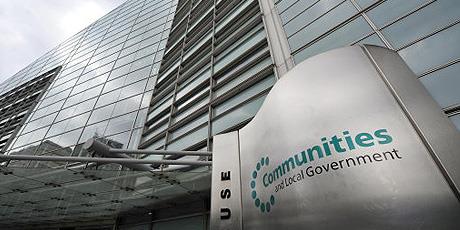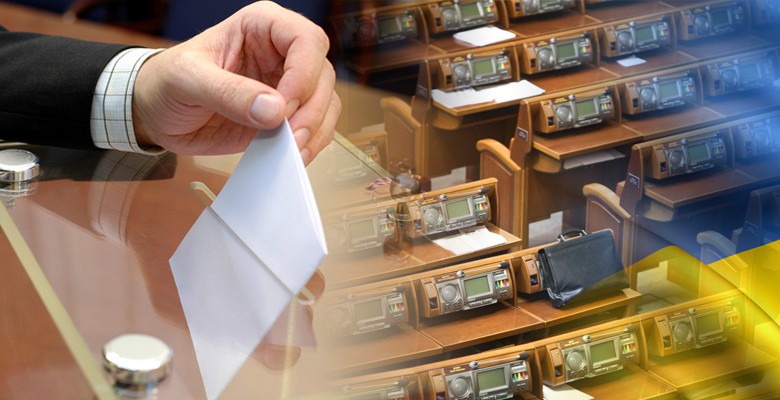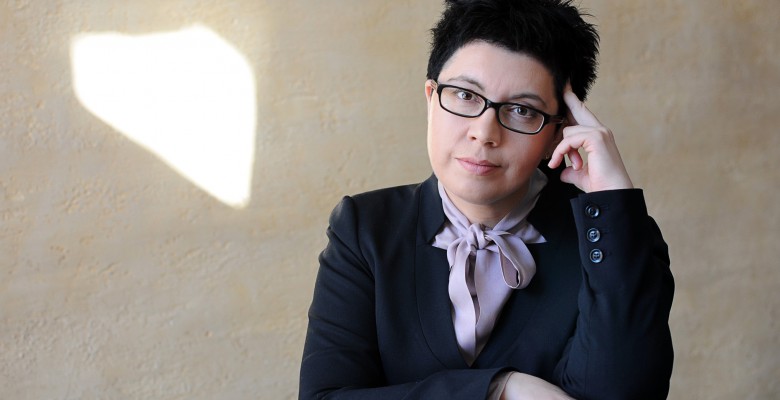The whole world knows that Ukraine desperately needs reforms.
One of the key reforms firstly emerged on the agenda was a decentralization reform.
It means not only providing the power and resources to local and regional authorities: but first of all providing the conditions for local communities and civil society development. Namely the local communities should be a key subject of reformation.
All political parties declared unanimously — centralization of Yanukovych’s power led to the political crisis, revolution, war and separatism. Decentralize power and make it closer to the interests of society — this is one of the main objectives of Ukrainian state reformation.
However, in practice, the political elite of Ukraine adheres to the different «concept» of reformation — they want to keep the right on political monopoly and centralized type of governance in Ukraine.
During the last 10 months after the fall of Yanukovych’s regime no single step was taken towards the decentralization itself. The decentralization concept is only included to the projects and numerous statements of politicians.
It carries high risks for situation destabilization at the regional level — what we can observe in some regions of Ukraine — Vinnytsia, Zaporizhia.
Despite these risks — on the contrary Ukrainian authorities do not even speed up the beginning of the reforms. The President and the Prime Minister (Budget Proposals and Tax Code Proposals) take explicit steps to strengthen the centralization. They justify their position by the war and crisis.
The decentralization reform is a key reform among the most important ones for Ukraine, which drew the attention of Mayerson-Milovanov scientific group back in March 2014. Without such reformation Ukraine is unable to neither survive in confrontation with the «Russian world» nor develop.
However, a democratic logic is obscure for acting elites that were formed within the Soviet system and able to perceive only two key governance model — a super presidential (Yanukovych, Kuchma) and oligarchic republics that are built on the principle of centralization, power concentration and suppression of society, ignoring public interests.
However, Maidans of 2004 and 2013-14 years clearly showed that Kuchma and Yanukovych’s authoritarian regimes do not satisfy both the society and political class. Then, oligarchic republic is still one of the possible relationship patterns that suits the ruling elites of Ukraine. Moreover, they believe that the society which is not well developed and committed to democracy can be also satisfied with such systems.
Sociology indicates that this is a wrong illusion. The voters sharply and negatively evaluate such oligarchic system considering it to be corruptive and unfair (August 2014 – Social and Political Voters Orientation and their Impact on the Electoral Advantages, Ukrainian Project’s Systems). Moreover, the majority of voters believe that the main reason of the development slowdown is a usurpation of power in the hands of a small circle of people. The oligarchy exhausts Ukraine – both in political and economic sense, in fact, it is economically overwhelming for Ukraine either.
Unfortunately, there is no such understanding among the political elites and state leadership. The adopted government action plan shows that the governmental proposals on new taxes and social programs reduction look like a hidden attempt to maintain the existing oligarchic economic model at the expense of public interests. The implementation of this plan can lead to the disastrous consequences — growing protests and even emergence of the third wave of the revolution.
It will become more realistic if the government pursues such policy, ignoring the demands of society and Western partners, who remind Ukrainian authorities about the need of reformation and even openly decipher their key direction (dismantling of the oligarchic system (A. Merkel) or kleptocracy (Joe Biden), emphasizing the risks of renunciation of such reforms for the future of the country.
Ukrainian oligarchy is not only the basis of kleptocratic state, but also a key promoter of preservation of the centralized model of governance. Since it can exist only in combination with the governance centralization influencing the key political players and officials or provoking the separatism if they lose the possibility of such influence.
The real decentralization aimed at development of the self-government and replacement of the government policy model structure from the broad group interests (public policy) makes the existence of oligarchic system impossible.
That is why nowadays the oligarchs are the main promoters of destabilization in the regions (Zaporizhia, Vinnytsia) – with a clear purpose to show how dangerous might be to transfer the authority to the local level – in terms of risks of process control and further growth of separatism and people’s discontent.
On the other hand, performing the regional conflicts in some regions where the oligarchy has the biggest interests and resources – is the part of the oligarchic strategy in case when the central government will have to carry out the reforms including the decentralization reform under the pressure of the West. Some regions may be under the patronage of the actual oligarchic groups with a marginal level of local government and democracy (de facto).
Such oligarchic groups’ policy coincides with the strategic interests of the Kremlin on loosening the internal situation in Ukraine and blocking the reforms.
If the central government doesn’t begin the real reforms which will undermine the dominant influence of oligarchic capital on the economy, in this case the probability of such scenario is very high. The decentralization provided that the oligarchy preserves – is a direct path to a new division of Ukraine – to the self-governing regions and to the regions predominately controlled by the criminal oligarchic groups (as in Southern Italy). Especially if the decentralization reform is carried out at the elite level — as often happens in Ukraine.
This is one of the key challenges for today.
For this purpose an important stage of the decentralization reform is the local elections 2015, which should start the update process at the local level and public active involvement to the local politics. Of course, the success of these changes depends on the capacity of civil society locally and regionally. However, the creation of fair conditions for elections will contribute to the gradual renewal of local and regional elites and growth of powerful and active community. This is the basis for the establishment of a new real democratic Ukraine.





